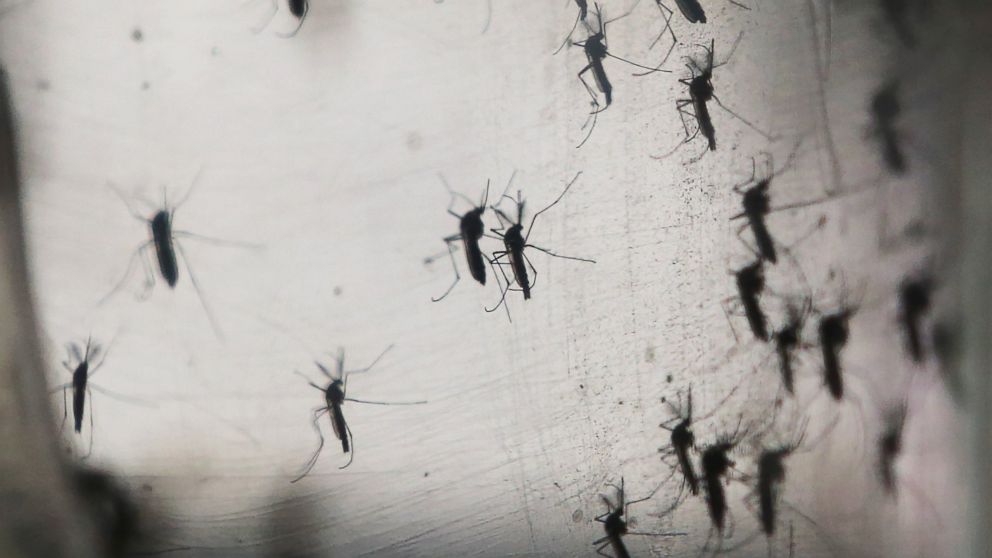


One in 10 pregnant women with confirmed Zika virus infections had an infant or fetus who showed signs of birth defects, according to a new report from the Centers of Disease Control and Prevention.
The CDC released the news today as part of its "Vital Signs" report. Researchers found that of 250 pregnant women who were tested and found positive for Zika infection, 24 had infants or fetuses with birth defects.
Among the 972 women who had evidence of possible Zika infection and went on to give birth, the rate of birth defects was approximately 5 percent. The vast majority — about 84 percent — of these birth defects involved brain anomalies, according to the CDC.
"Zika virus can be scary and potentially devastating to families. Zika continues to be a threat to pregnant women across the U.S.," CDC acting Director Dr. Anne Schuchat said in a statement today. "With warm weather and a new mosquito season approaching, prevention is crucial to protect the health of mothers and babies. Health care providers can play a key role in prevention efforts."
The CDC reported 1,297 pregnant women in 44 states were reportedly possibly infected with the Zika virus, with the vast majority infected while traveling outside the U.S. Testing for the virus is complicated because there is a narrow window when the infection can show up on lab tests.
Fighting Zika With GMO Mosquitoes Could Be the Future of Mosquito ControlIn the test results available, women infected during their first trimester appeared to be at the most risk for having an infant with a birth defect. Of women with a confirmed Zika infection during the first trimester, 15 percent of the infants or fetuses had Zika-related defects, according to the CDC.
While there is no treatment for Zika, health officials recommend that affected pregnant women receive additional monitoring so any birth defects can be found early.
However, the CDC said many pregnant women are not being tested. It found no report of Zika testing for approximately 1 in 3 babies who had possible Zika infection in the womb. Additionally, only 1 in 4 babies with possible Zika infection in utero received brain imaging after birth to assess possible defects.
Despite a slowdown in the outbreak, CDC officials said that 30 to 40 pregnant women are reported with Zika infections every week and the total number of pregnant women affected is likely more than 1,600.
The Zika virus is primarily spread by the Aedes aegypti mosquito and generally causes mild symptoms in adults. But when a pregnant woman is infected, it is associated with her child's having an increased risk of birth defects, including microcephaly, which is characterized by an abnormally small head or brain and can result in diminished mental capacity or other developmental delays.